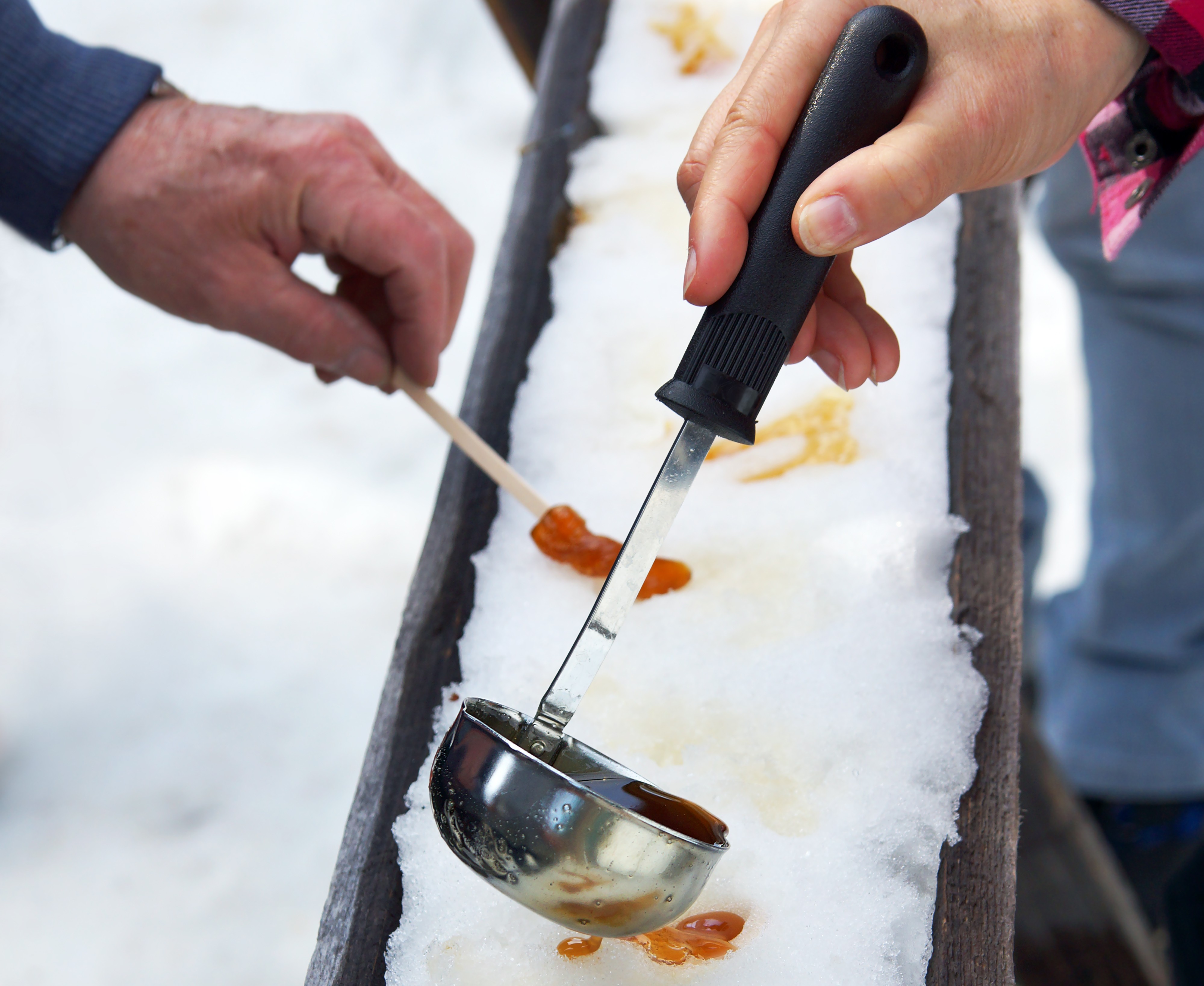
Sustainable Production and Innovation
CLIMATE CHANGE AFFECTS MAPLE FORESTS
For the maple industry, fighting climate change is essential not only from a global perspective, for the earth, for people and all living things, but also for our own ability to continue to produce maple syrup.
Climate change predominantly affects maple tree health through its impacts on soils because sugar maple trees require nutrient-rich soils and a narrow range of soil moisture to grow properly, which makes sugar maples an environmentally sensitive species. Climate change may likely continue to increase tree mortality - it results in stressors that affect the health of trees and cause altered growth rates because of the increased frequency and magnitude of disturbances like wind and ice storms, drought, invasive insect species and disease.
Additionally, the reduced winter snow cover we have seen lately due to warmer and shorter winters can lead to root damage and reduce shoot growth. It is important to note that, although the sugaring season may have been growing shorter at one time (from the 1970’s up until the early 2000s), new practices using vacuum and better spouts and tubing sanitation have actually reversed that trend completely, and made the season longer for most producers using modern methods. Over time however, this may reverse and the season could begin growing shorter again. What is clearly known is that the season has shifted towards a timeframe earlier in the year.
MAPLE PRODUCERS ARE ADAPTING WITH INNOVATION AND RESILIENCY
Maple sugaring has a long history spanning thousands of years in North America, with indigenous people being the first to harvest maple sap and refine it into maple sugar.
As the industry grew, maple production evolved over the years. The maple syrup industry innovated and adopted energy-saving technologies as well as scientific and ecological forest management practices. The use of new and constantly improving technologies like reverse osmosis machines, vacuum systems and tubing, and increasingly efficient evaporators, has allowed for continued sustainable growth for maple syrup production.
Sugar bushes are now managed in a more environmentally-friendly manner than ever, with sugar makers managing forests to maintain structural and ecological diversity, therefore supporting a great number and variety of plants and animals, which in turn enhances natural ecosystem services including nutrient cycling, carbon sequestration, and erosion and pest control.
The maple industry is investing in, and supporting, several studies and independent research to understand and reduce its impact in terms of carbon emissions to produce syrup. Some initiatives are currently being implemented such as using renewable energy to power sugaring operations, designing more energy-efficient technologies to reduce and boil sap into syrup and improving our environmental performance throughout the maple syrup life cycle from gathering the sap to recycling bottles, containers and other materials used in the process.
The industry is also working on improving forest management practices and working on quantifying the benefits of conserving maple forest lands whose carbon sequestration and storage offsets it carbon emissions and thus reduces its carbon footprint.

TAKing ACTION THROUGH THE MAPLE SYRUP INDUSTRY
We are taking a stand against climate change through maple because we know that we cannot turn a blind eye to the impact of climate change.
Our commitment to this cause is based on our belief that taking care of our environment is crucial for a better future for all. By combining our love for maple with our passion for sustainability, we can make a real difference in the world and help create a better future for generations to come.
